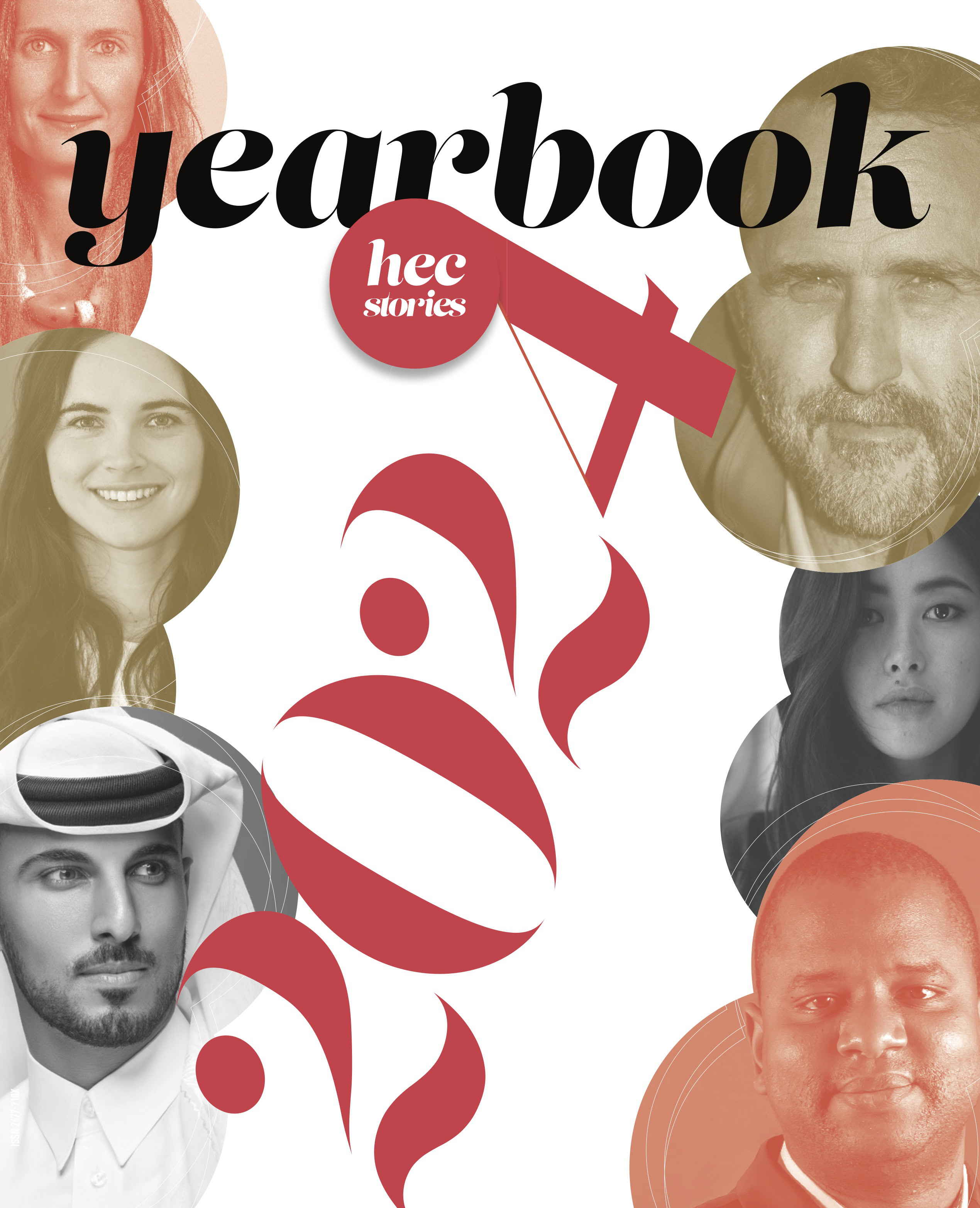Annette Kvilhaugsvik (MBA.97)

Here are some reflections of a Norwegian alumni on the “Gilets jaunes” movement in France. Norway, being considered as a social democratic country in all meanings of the word, quite quickly commented on the outburst of the actions from the « gule vester » (gilets jaune) as a result of a gradual deterioration of the living conditions of the man in the street – or even more in the countryside – struggling to get ends to meet.
The initial pictures of angry faces fighting and burning cars in the streets received comments sometimes as « the typical French, just looking for a good fight – being revolutional – not rational » and not behaving as educated people really. However, more facts came up on how hard it has become for a normal person caring for its family, after paying the taxes and duties, to make a decent living.
The consideration became really the same as we have had reported from the UK and the US; the divide between educated elitist people in the cities versus less fortunate people in rural areas – not perceiving they are getting a good deal for themselves. A divide both in terms of city versus countryside and educated versus common workers. The dimension of influx of workers from abroad taking jobs from blue collar workers adds to the issue most of the time too.
Even in Norway, a nation commented on as able to distribute income evenly within the current and future populations – through the buildup of the huge investment fund stemming from oil and gas, are now starting the same debate. Statistics over the past few decades show a growing difference between the upper income quartile and the lower quartile. There is increasing correlation between high income, education, good health and schooling – though not at the scale of other western countries.
Norway have mostly had a labour government after the 2nd world war, while the conservatives now are into the second period of government and would be argued to enforce the differences we see in the society. Then, surprisingly maybe, the Prime Minister (Erna Solberg), stated in her new year speech to the nation that we need to take care not to create too large difference between people – in order to keep our relatively well functioning society. To me it seems that the globalisation of the world is really the force that commands to a very large extent the way the society is going in the western world – and international relations probably are more key than ever. The theory of Thomas Piketty based on statistical material showing accumulation of wealth on increasingly fewer hands over the past decades was primetime TV show in Norway. Responsible politicians had to comment on Piketty; he directly asked the richest people how much tax they pay on live shows.
Voters and people in the street know that international companies gets away with close to no tax paying today. Information is out. The gilets jaune – and similar movements – need more than police in the streets : How can corporation between authorities on the level of corporation taxation level improve? How can information management to counteract economic crime improve? How can we get more true news? …less fake news? How can people trust politicians more?
Published by Dédé

